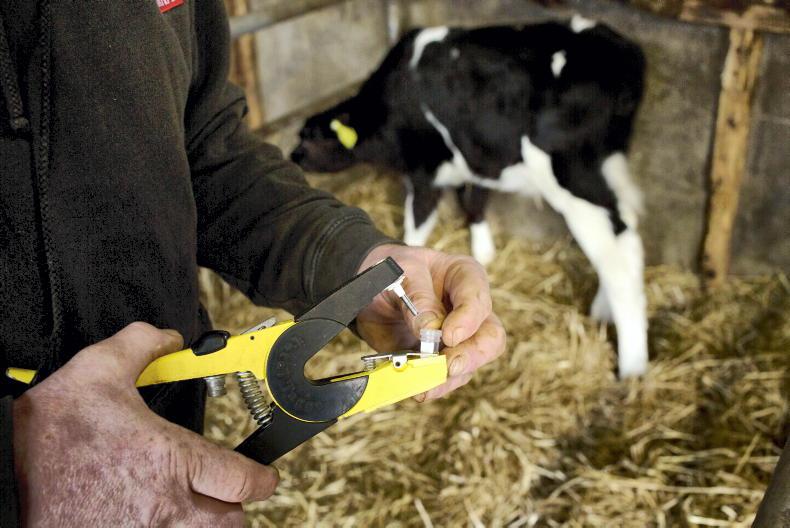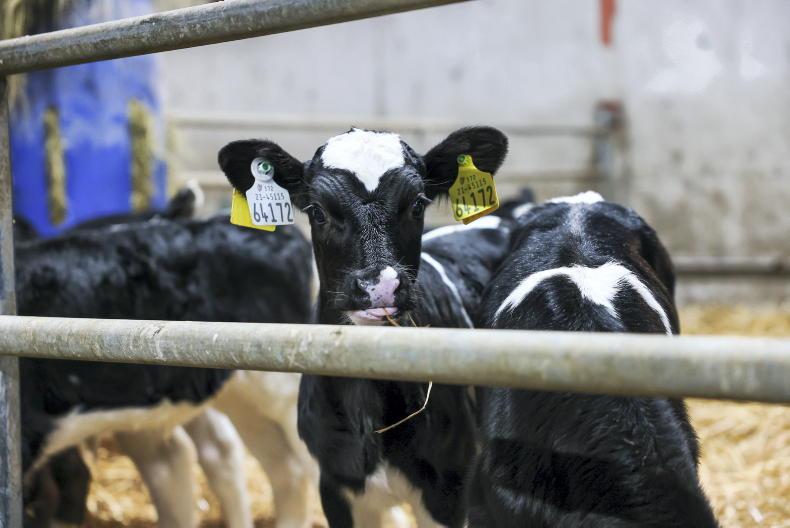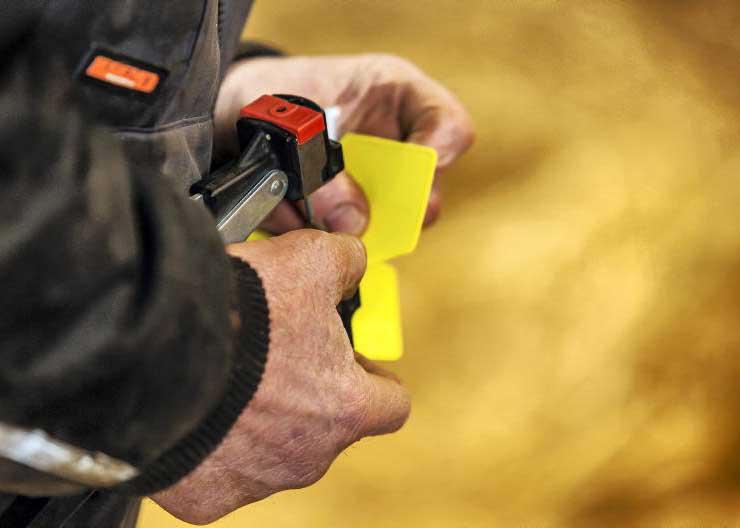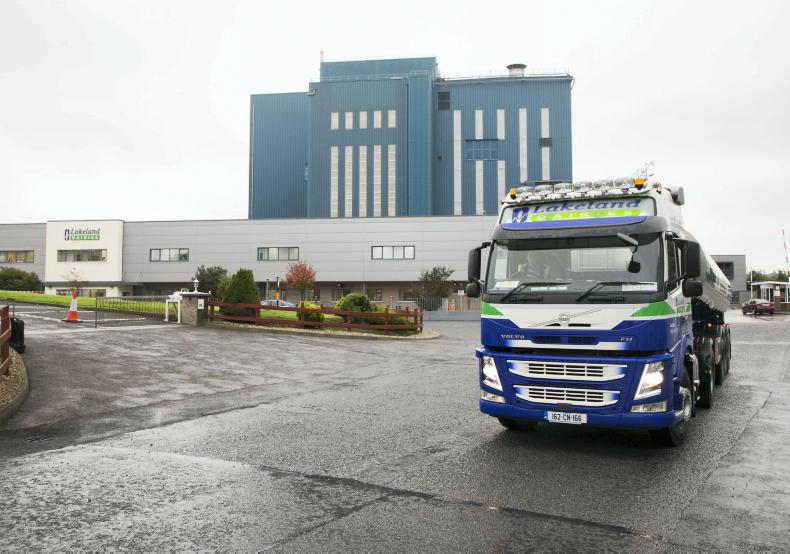Cattle that have not been tested for bovine viral diarrhoea (BVD) will be prohibited from being sent to the factory from 1 September in Northern Ireland, Agriculture Minister Edwin Poots has announced.
From 1 September, DAERA has said it will take enforcement measures in respect of untested cattle moved in breach of the BVD Eradication Scheme Order (Northern Ireland) 2016 (the BVD Order).
It is an offence to move an untested animal or to have possession of an untested animal that has been moved in contravention of the order. This applies to farmers, market operators and factories.
An untested animal may only move under licence issued by the Department or for disposal as an animal by-product.
Fines
As part of the enforcement measures, cattle moved in breach of the BVD order to slaughterhouses will be highlighted on the Animal and Public Health Information System (APHIS) and identified for the official veterinarian to initiate enforcement action that may lead to prosecution.
Any person found guilty of moving, or possessing, an untested animal shall be liable, on summary conviction, to a fine not exceeding £5,000 or in the case of an offence committed with respect to more than five animals, not exceeding £1,000 for each animal.
DAERA has said it will issue letters to all farmers with untested animals to explain this policy change and highlight the animals in their herd which need tested. Letters will also be sent to each food business operator.
Disease spread
Minister Poots said that farmers are required to sample calves for BVD within 20 days of birth and send the sample to an approved laboratory within the following seven days.
“The presence of untested cattle of unknown BVD status poses a risk of disease spread both within herds and to other herds. There is no reason for herdkeepers to risk the spread of disease by failing to sample their cattle.
“This enforcement initiative will encourage herdkeepers to sample their cattle at the earliest opportunity, as cattle will be prevented from moving to slaughter and enforcement penalties will be applied to those who breach the ban,” he said.
Risk
The chief executive of Animal Health and Welfare Northern Ireland (AHWNI), Dr Sam Strain, said that while there has been good progress in reducing the level of BVD, the infection remains a substantial threat to the Northern Ireland cattle industry.
“It is important that herdkeepers know the BVD status of all their cattle.
"The ban on moving cattle with an unknown BVD status to abattoirs is a welcome and important step highlighting the risk these animals pose and underpinning the need to have them tested as soon as possible.
“Testing can be carried out using a supplementary tissue tag or by a blood sample taken by a vet.”
UFU comment
UFU deputy president William Irvine said that the UFU continues to encourage farmers to test cattle of BVD unknown status as soon as possible.
“It is essential to establish whether animals are infected with the BVD virus early in life and minimise any risk of transmission to other animals.
"To maximise on the progress that has been made, the UFU have been engaging with DAERA, requesting the introduction of further measures in a bid to drive this disease to eradication.
“Farmer co-operation with the BVD programme has been excellent to date. The UFU believe[s] that with continuing engagement from farmers, and co-operation from DAERA, industry can look forward to the elimination of the BVD virus from the NI cattle population in the near future,” Irvine said.










SHARING OPTIONS